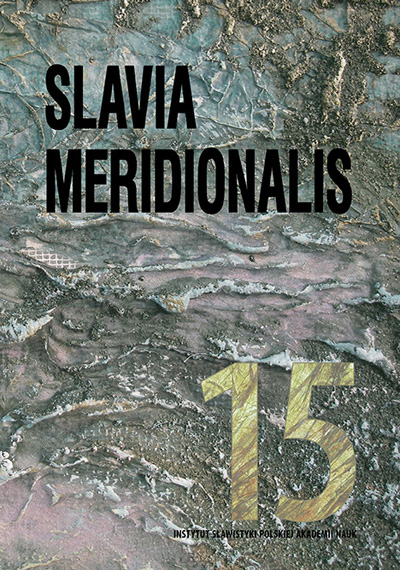Creolization and balkanization as a result of language (dialect) contact. Is the origin of mixed languages universal?
Creolization and balkanization as a result of language (dialect) contact. Is the origin of mixed languages universal?
Author(s): Michał GłuszkowskiSubject(s): Language and Literature Studies, Theoretical Linguistics, Comparative Linguistics
Published by: Instytut Slawistyki Polskiej Akademii Nauk
Keywords: language contact; creolization; balkanization; mixed codes; bilingualism and biculturism
Summary/Abstract: There are several types of language contact depending on the relations between languages. The article focuses on the results of language contact with multi- and unidirectional influence: balkanization, pidginization, creolization and other types of contact – why not all of them result in mixing codes. The author considers various theoretical approaches to describe languages in contact, the process of convergence and the genesis of mixed codes. While the comparison of such language situations as Balkan Sprachbund, colonial and postcolonial societies, multi-ethnic societies in the Western world, has shown that each type of language contact needs its own approach, the final part of this paper is devoted to two analogical language situations: Russian Old Believers in Poland and Poles in Siberia. However, despite of many similarities, even these two communities have developed their bilingualism in a different way.
Journal: Slavia Meridionalis
- Issue Year: 2015
- Issue No: 15
- Page Range: 53-66
- Page Count: 14
- Language: English

